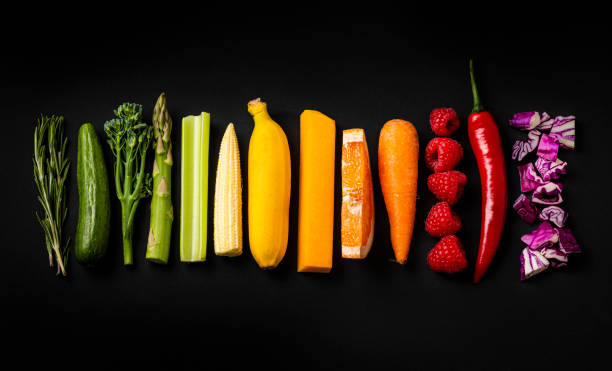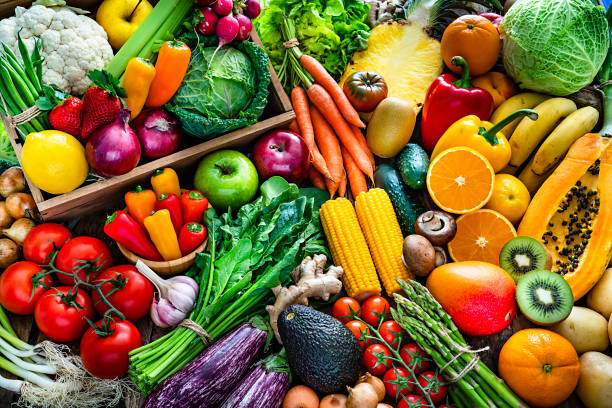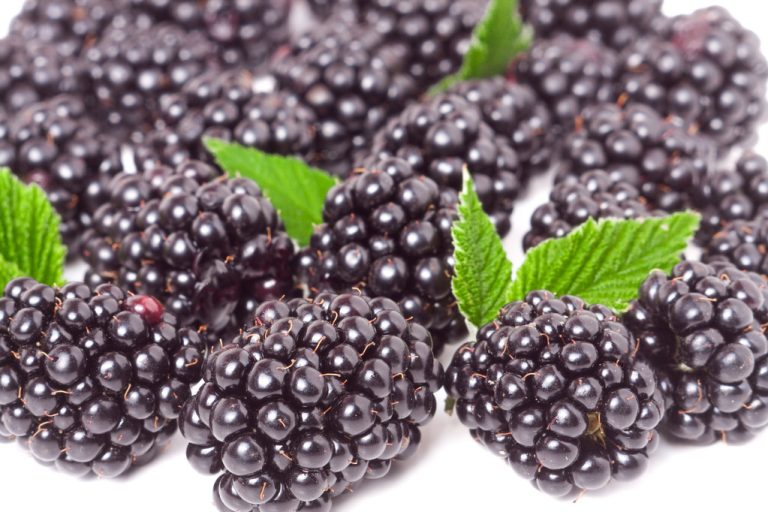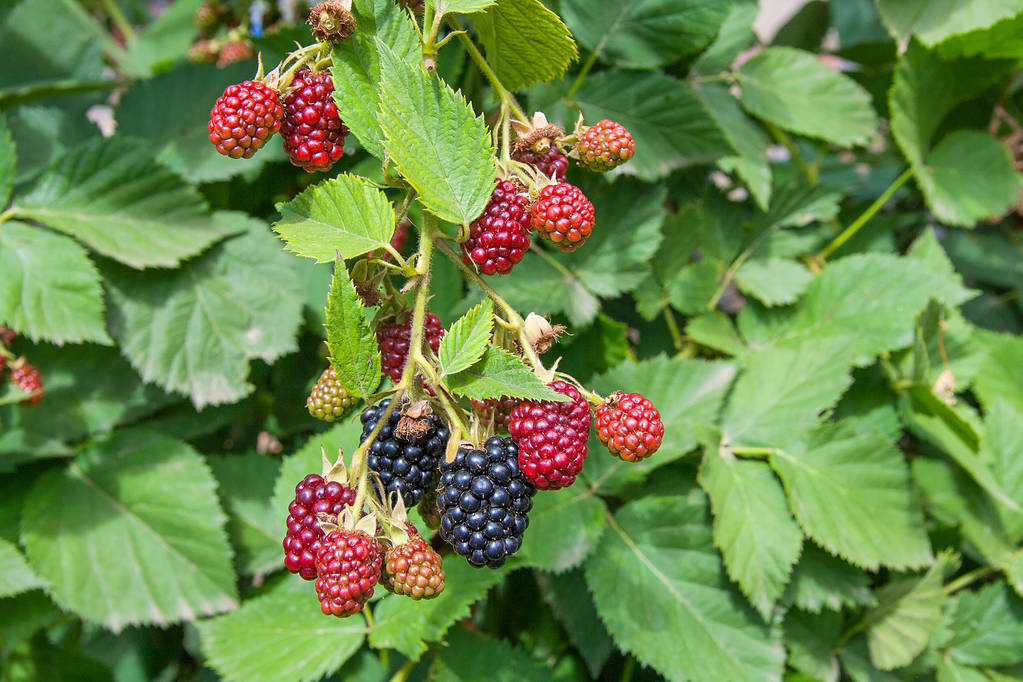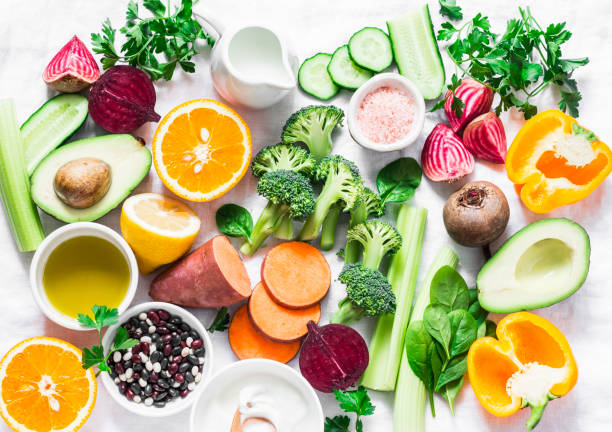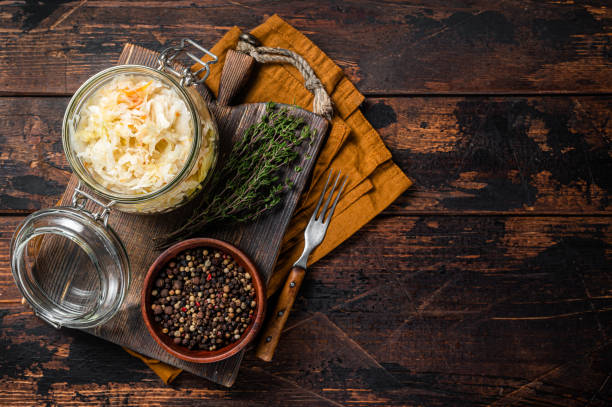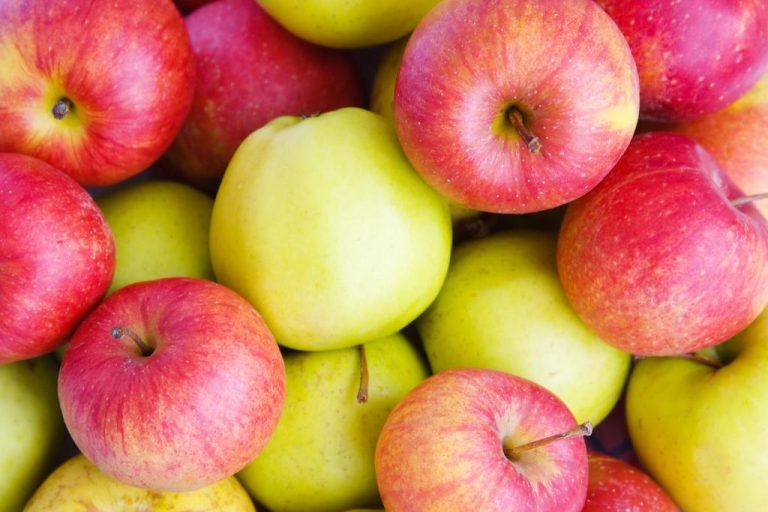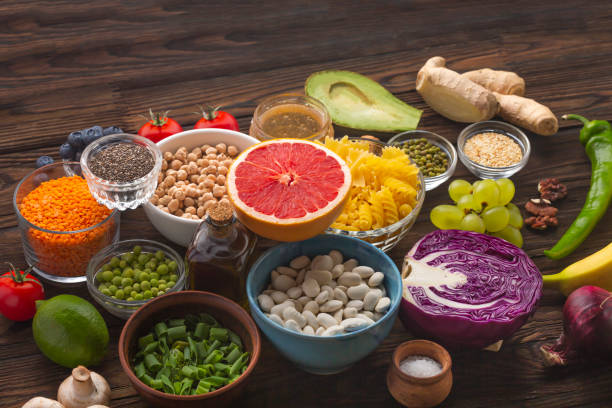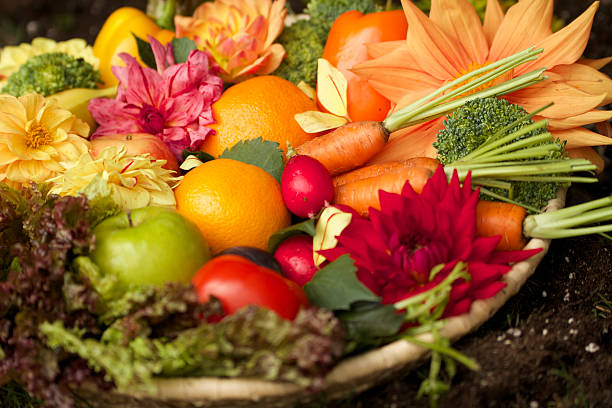Vitamins are essential for the healthy development of children, but they also play an important role in the health of adults. Because a lack of vitamins and nutrients can negatively affect the body. Therefore, we have an overview of the most important vitamins for women.
Sufficient vitamins for women are important
A sufficient supply of vitamins and minerals is important for human health. They help the body in its work. Therefore, the daily requirement for vitamins and other nutrients should always be covered. As a result, you are doing something good for your skin, hair, and internal organs. As a rule, a healthy diet prevents a vitamin deficiency and provides the required nutrients. This results in the following advantages:
- Nutrients contribute to the normal functioning of your immune system.
- They ensure the proper functioning of the nervous system.
- Effective strengthening of skin, hair, and bones.
- Fatigue and listlessness are combated.
- Consequences of a vitamin deficiency
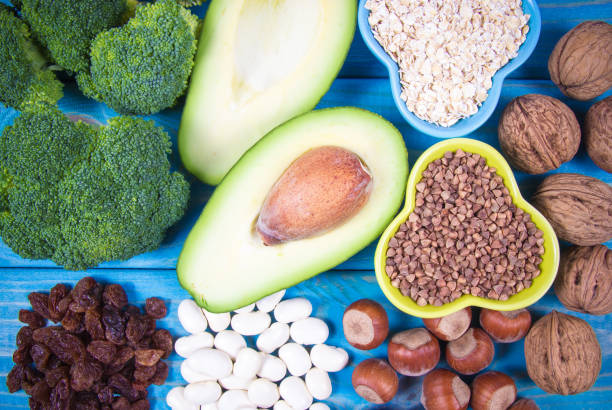
The consequences can sometimes be significant. From weight gain to severe sleep disorders to menstrual problems, a vitamin deficiency affects the entire body. It is therefore important to ensure that enough vitamins and minerals are ingested with food or supplements. So that you don’t lose track, we have listed the most important vitamins and minerals for your health.
1) Vitamin A for women
Vitamin A is extremely important for the skin. This makes it possible to slow down the aging process of the skin and preserve a beautiful, smooth and healthy complexion for as long as possible. The skin suffers greatly from stress and external environmental influences in particular. By planning a sufficiently high level of vitamin A in the diet, women can take targeted action against the effects of stress and hectic.
Where can I find vitamin A? For example, you can find vitamin A in carrots and sweet potatoes, so a vegetarian diet will not lead to a deficiency. If you want, you can also include various sea fish in your diet, as they also contain a lot of vitamin A. In addition, a combination of nuts and oils ensures a good balance of vitamins A and E. These interact to reduce aging processes and support the skin.
2) Folic acid important for pregnant women
Folic acid is important for pregnant women because it promotes the development of children. That is why women in particular should ensure a sufficiently high concentration of folic acid when planning children. Folic acid is also known as vitamin B9 and is usually used as a folic acid tablet. If you are planning a pregnancy, you should take such tablets at least four weeks before the onset of pregnancy and continue this procedure in the first three months of pregnancy.
In addition, the important vitamin B9 for women supports the development of children and reduces, for example, the risk of developing a neural tube defect in unborn children. While folic acid is industrially produced in the laboratory, folate is the naturally occurring vitamin. Folate can be found in foods such as wheat germ, kale, spinach, or chickpeas. Since folate quickly dissolves when cooked, a large amount of the vitamin is lost in the process. Therefore, you should also use folic acid in the form of tablets or capsules. Read more about proper nutrition during pregnancy.
3) B vitamins for women strengthen the nervous system
Everyday life can sometimes be extremely stressful. From work to raising children to care for elderly relatives, numerous tasks fall within the field of activity of women. Women are therefore exposed to physical and mental stress, which should be specifically addressed. B vitamins in particular are suitable for this. Because these strengthen the nervous system and help to cope particularly well with stressful situations and hectic everyday life and to reduce stress.
A major benefit of B vitamins for women is that they are found in many different foods. This makes it easy to set up your own nutrition plan so that you always get enough B vitamins. Among other things, it is important to eat legumes, as they contain a considerable number of B vitamins. You can also eat nuts and whole grains to meet your B vitamin needs. It also contains vitamin E, which is good for the skin.
4) Vitamin C for women
Vitamin C is a real all-rounder in the body. It helps in the formation of connective tissue and hormones and maintains a healthy and youthful complexion. Likewise, detoxification reactions are often only possible in the presence of vitamin C, so the healthy work of the liver depends on this vitamin. In addition, the body is only able to absorb iron from food if enough vitamin C is available.
But where can I find vitamin C? You can find the valuable vitamin in citrus fruits and kiwis in particular. The vitamin is also found in peppers, sauerkraut, and sea buckthorn berries. Or try various superfoods, such as cuma cuma or acerola cherries. However, note that the vitamin is quickly broken down in the body. If you want to make sure you have enough vitamin C available throughout the day, you should use appropriate dietary supplements. Then they release the vitamin throughout the day so that it is not broken down so quickly.
5) Vitamin D for the immune system
Vitamin D is a fat-soluble vitamin that is extremely important for both bone formation and a strengthened immune system. It helps keep bones strong by promoting the storage of calcium and phosphate. In addition, vitamin D helps to brighten the mood and effectively combat spring fatigue. Some the vitamin D can be produced by the body itself from sunlight, but many women suffer from a vitamin D deficiency. Therefore, in addition to as much sunlight as possible, the diet should also be adjusted so that sufficient vitamin D is available.
Vitamin D is found in eggs and mushrooms, so vegetarians can prevent a deficiency. Vitamin D can also be found in delicious avocados and dairy products. Animal foods are also good for vitamin D requirements. Especially high-fat fish, such as mackerel or herring, as well as veal help specifically against vitamin D deficiency.
6) Iron against fatigue
Women in particular need iron. And not only during the period and pregnancy. But people often suffer from an iron deficiency. You should know that the body processes animal iron better than plant iron. The consequences of an iron deficiency can then be tiredness, weakness, or dizziness. It is therefore important to ensure an adequate supply of iron.
So you can eat fish and meat. If you’re a vegetarian, you should eat foods like spinach, whole grains, or legumes. Peas and salsify are also recommended. If you still suffer from an iron deficiency, you can use iron supplements with medical support.
7) Zinc for healthy bones and nails
Zinc is a trace element that, in addition to the vitamins mentioned, is important for women. Because it helps to strengthen hair, bones, and nails. In addition, this vital trace element is important for the metabolic processes in the body that support the immune system and reproduction. You will increasingly find zinc in animal products such as meat, fish, milk, cheese, or eggs. Legumes and cereals also contain less zinc.

8) Calcium for strong bones
Dry skin, cramping muscles, or heart problems can be signs of a calcium deficiency. Then it is high time to increase your calcium intake. This works best with green leafy vegetables, such as broccoli or spinach. Cow’s milk, cheese, or yogurt are also rich in calcium, so you should include these foods in your diet. Sufficient calcium intake can therefore strengthen your bones and ensure beautiful and healthy teeth.
9) Magnesium important for many processes
Many processes in the body not only need the vitamins mentioned for women, but also the trace element magnesium. It affects the endocrine system, and the strength of bones, muscles, and nerves. Accordingly, a functioning body needs sufficient magnesium. Many women need more magnesium due to the double burdens of pregnancy, so you should consume magnesium sources such as legumes, dry fruits or nuts, and grain products. Dairy products, fish, and meat can also contain magnesium. Also, learn how to get vitamins while cooking.




